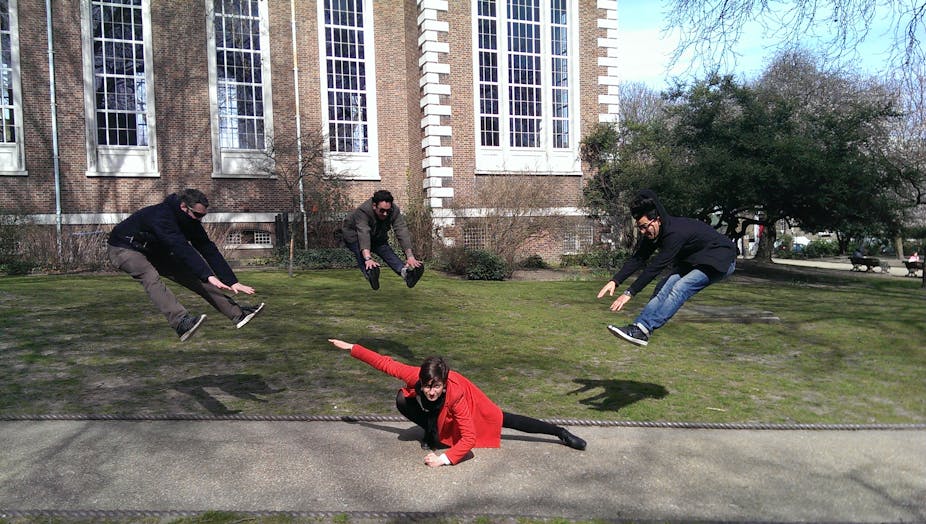Humans, as a species, are around 200,000 years old. Compared to the age of the universe we’re clearly infants but compared to the internet, we’re pretty old and compared to social media, which is still in its infancy, we’re positively ancient.
We’re definitely quite experienced when it comes to human interactions, expressions and relations and have even come up with a field of study to describe, analyse and account for this experience in the form of the humanities. In the information age, humanities is turning into a whole new beast. It’s time to stop defending the field as though it needs our help and show the world that it really can’t live without us.
The box is open
Humanities is the study of the human condition and the way we interact with nature, technology, health, art, politics, religion, money and mystery. The internet is, in effect, the greatest cultural treasure chest ever created and is allowing us to expand our horizons like never before. It’s a constantly updated repository of the very human interactions and expressions we have always sought to explore in the humanities and, for better or worse, they are all stored on file. We can rifle through them using search engines, network analyzers and crowd opinion aggregators.
Leopold von Ranke, a German historian and the pioneer of modern source-based history, could not have asked for better conditions for conducting studies on the human condition. But von Ranke, who sought objectivity in historiography, would probably also be apprehensive about the ease with which information can be obtained these days. Not all information is good information. It can, if not properly acquired, formatted, handled and administered, derail reason and rationality and even threaten democracy.
Years after the age of von Ranke, Mitchell Kapor, founder of Lotus Development Corporation, one of the most successful companies back in the early days of personal computers, warned of the dangers of getting information in abundance and using it uncritically when he said that “getting information off the internet is like taking a drink from a fire hydrant.”
And that might be even more true when it comes to social media. Market strategist Jeffrey Kleintop, recently argued that while you might be able to get news first on Twitter, it might not be the full story and you should often wait for established news sources or do your own legwork before jumping to conclusions.
This legwork that Kleintop is referring to is essentially the search for objectivity that von Ranke prized so highly. It’s about source-based information rather than hearsay, reflective criticism, multiple source triangulation and many of the other methods of scientific inquiry taught in the humanities today.
Thus the common practices of the humanities – securing qualified deliberation, decision and action – are already in use out there as we face up to every day tasks, from economic decisions to which school to choose for our children.
Humanities on the defensive
There is a a pervasive narrative about the decline of the humanities. We’re told that jobs are scarce for graduates and the Daily Beast even declared recently that history, philosophy and English are some of the most useless majors.
Those who believe in the value of the humanities often point to successful business stories, innovators and luminaries with a background in these “useless” fields to back up their own arguments in this debate. They also point out that studying the humanities equips graduates with cross cultural understanding in a global world and analytical skills.
But these are defensive tactics that we might no longer really need. It might instead be more useful to offensively set new standards for the humanities in the information age. There is new territory here to conquer, analyse and understand and the humanities could and should be at the vanguard.
Look at the trend for outsourcing human interaction and communication to technology. BroApp, for example, is an automated messaging service, or “relationship wingman”, that sends romantic messages to your significant other so you don’t have to. What does that mean for the future of the human condition? And what about “social physics”? This new theory of social interaction spills over into “organizational management, urban planning, and digital privacy” among other things.
Then there are the bubbles in which we increasingly live. How do they affect our experience of the world and our relationships with others?
The very nature of transparency, security, democracy, knowledge and power is changing more rapidly than ever and the humanities shouldn’t just be contributing to the debate, it should be leading it.

